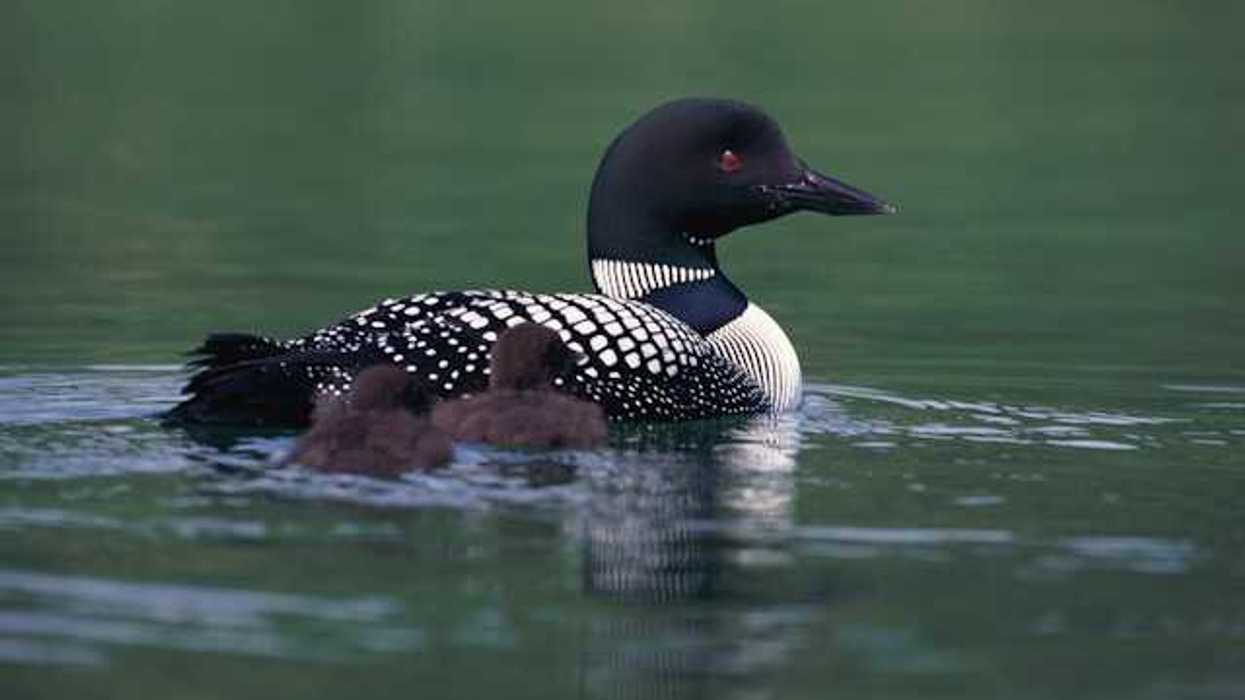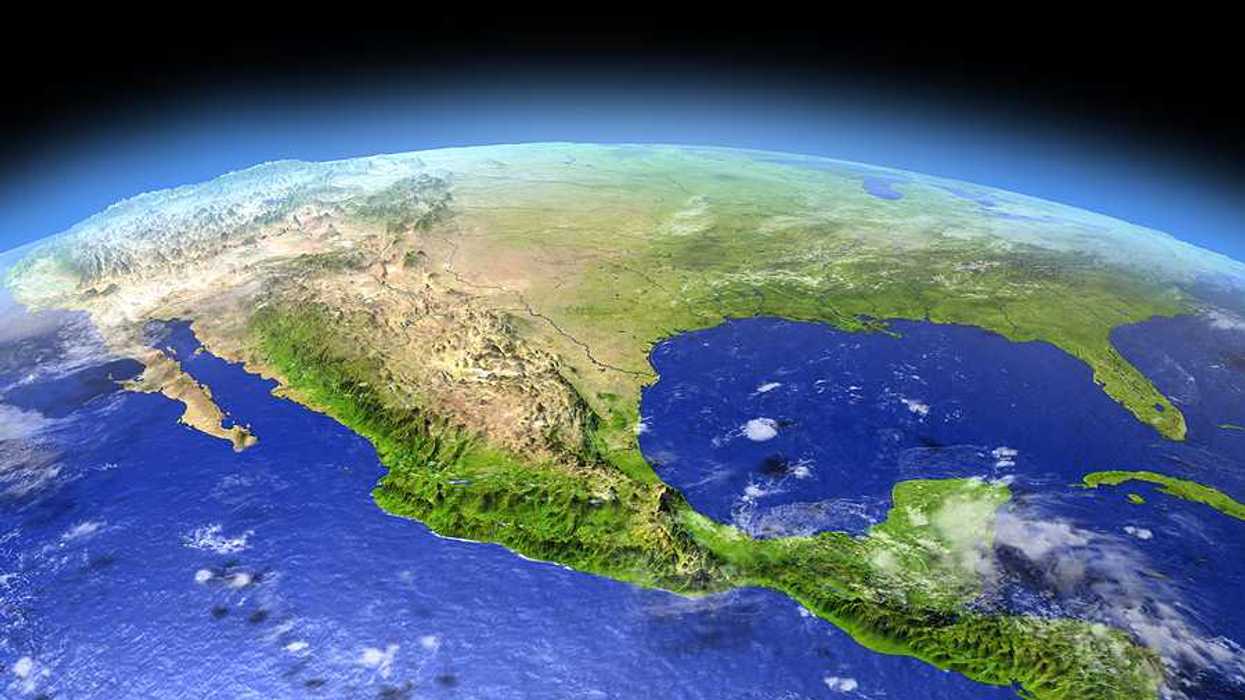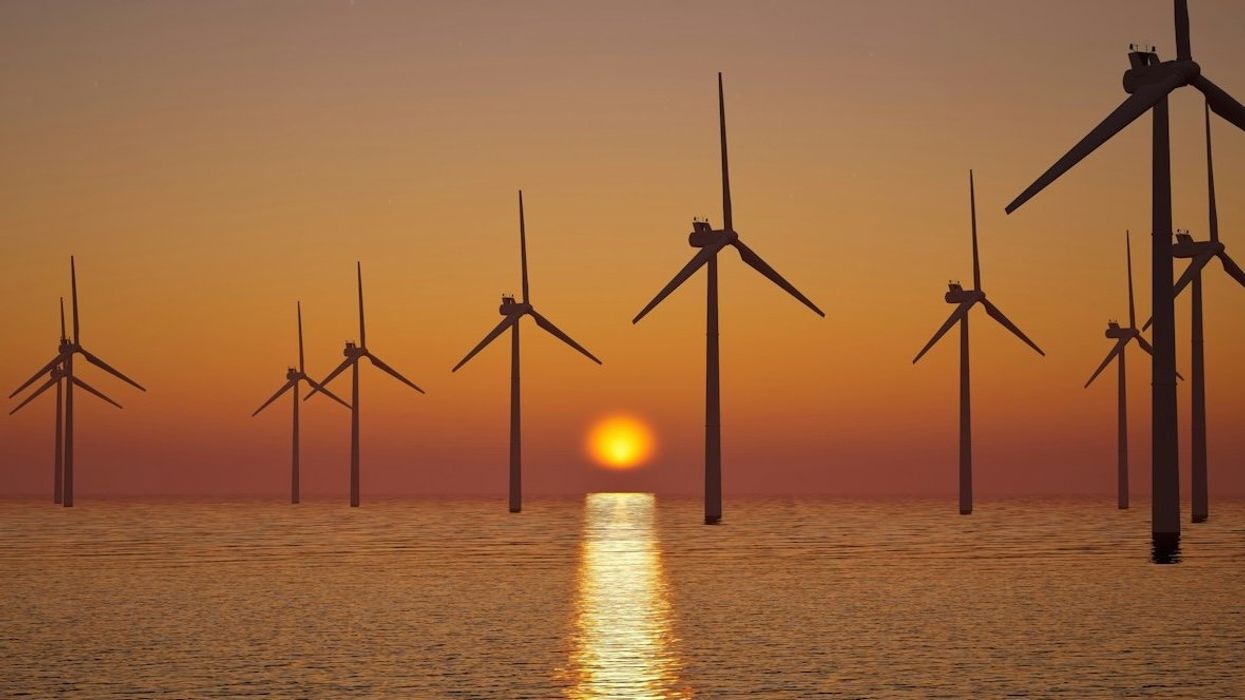The escalating thaw of Arctic permafrost, a critical factor in global climate change, faces research challenges due to a halt in scientific collaboration with Russia, hindering vital data collection and analysis.
Elizabeth Devitt reports for Mongabay.
In short:
- The Russian invasion of Ukraine led to a halt in international permafrost research collaborations.
- More than half of the Arctic's permafrost, a significant carbon store, lies under Russian territory.
- Scientists are seeking alternative methods like remote sensing and proxy sites, but the lack of direct Russian data is a significant setback.
Key quote:
"We need specific measurements, in real time, and it has to happen from people in the ecosystem."
— Ted Schuur, Northern Arizona University
Why this matters:
This disruption hampers the global understanding of permafrost's role in climate change. Accurate data on permafrost thaw and greenhouse gas release is crucial for predicting and mitigating climate impacts, emphasizing the need for international scientific collaboration.














